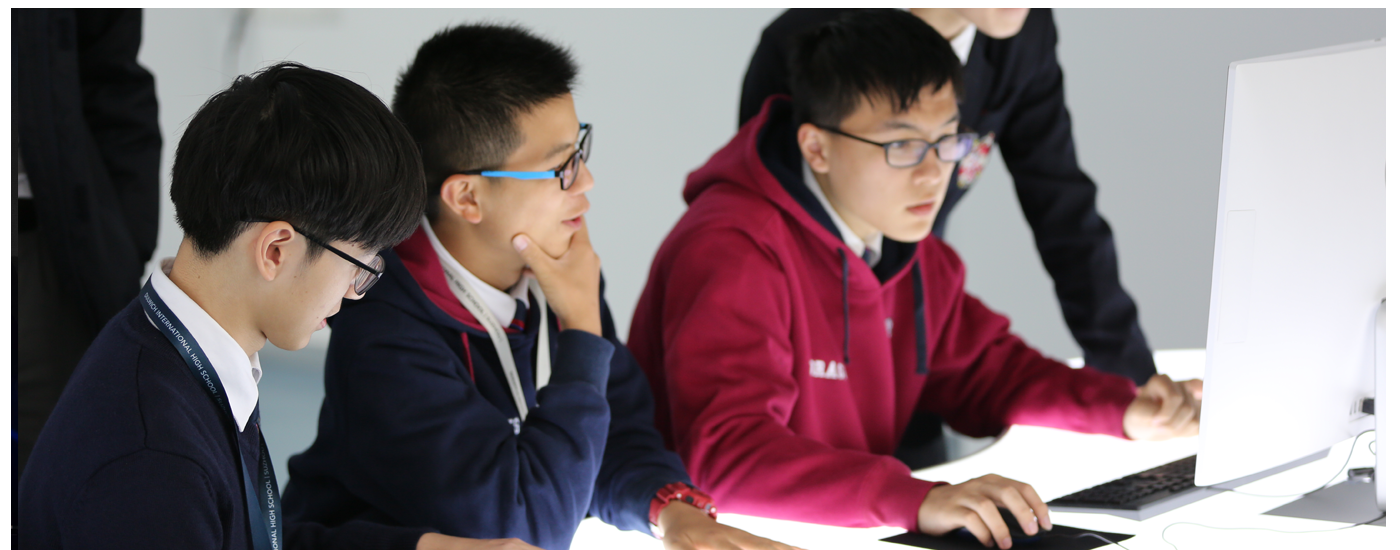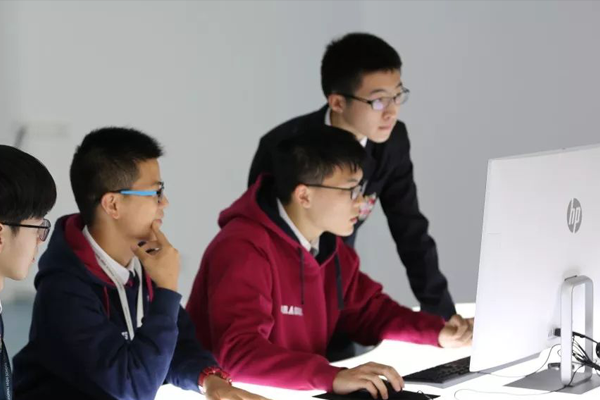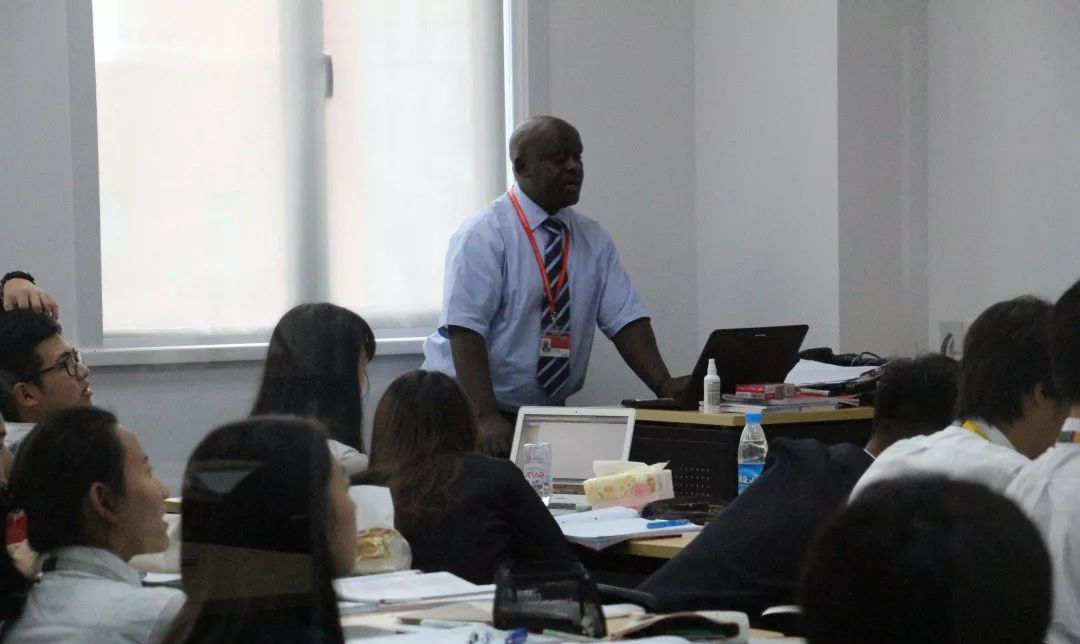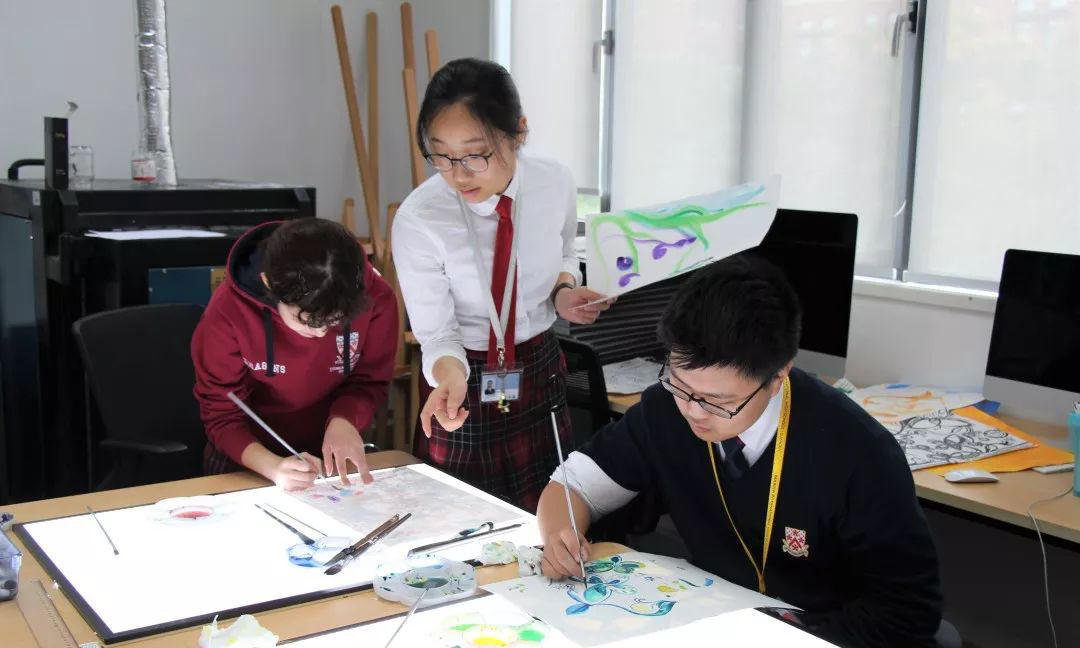Learning Principles 3 | Syed Nadir El-Edroos


Learning Principles 3: Learners Reflect Upon Personalized, Goal-Directed Feedback Which Guides Meaningful and Deliberate Practice

In our third look at Dulwich International High School Learning Principles, the conditions that we believe foster effective learning, we will consider the role of purposeful feedback. International research conducted over several years has found that purposeful and effective feedback is one of the most powerful drivers of student progress. Appropriate and responsive feedback helps students establish where they are in their learning, where they need to be, and how they are going to get there.
Effective feedback occurs at many times and takes many forms, therefore teachers at our school spend a lot of time planning for, and reflecting on the most appropriate forms of feedback to use.

Alongside traditional ‘marking’, students may receive feedback via a rubric or explanations. Where groups of students are making similar mistakes, whole class feedback may be used to direct students. At other times, teachers will engage in conversations with individual students or small groups of students. Students are also taught to increase their agency by providing effective peer feedback. Carefully controlled correction of work, targets or ‘next steps’ are all an essential aspect of feedback. The most effective targets are co-constructed by the teacher and student, as happens during our formal target-setting process. On a lesson-by-lesson and task-by-task basis, there will also be some aspects of feedback and goal-setting. Often, students display improvement in their work over a period of time and the feedback offered aims to accelerate this improvement, by providing encouragement and suggestions to make their work even better. The use of educational technology and online resources support this process, allowing teachers to intervene often, and make feedback more accessible.
In Year 13 Economics, for example, Microsoft Teams and OneNote have been used by the teacher to monitor student work (on their own screen) adding comments or corrections in ‘real-time’ while students complete the task set. This allows students to quickly correct mistakes and improve their work. If there is any confusion, they can immediately seek additional support and clarification from their teacher. As work is saved electronically in their online notebooks, students can also be directed to switch between different pages, review and reflect on their own work, the feedback received, and assess their own progress over time.

In our burgeoning Art department, effective feedback and critique are key to the development of students’ skills and final outcomes. Students are taught how to constructively critique the work of others, in an environment where they can take risks and speak with authenticity. This is particularly important in creative subjects, where the ‘fresh pair of eyes’ of a peer provides valuable direction and insight. Through their custom-designed assessment booklets, A-Level students and teachers work together to agree on weekly targets which are then tracked over a period of time, thus providing a visual record of progress.

Students and parents can support this learning principle by valuing all types of feedback, and not simply focusing on marks from tests and grades alone. When discussing progress and looking at assessments with their child, parents can ask their children what they have learnt and what actions they are planning to take to make improvements. Parents can also ask students to show them their portfolios of work for each subject, and have conversations with their child about progress against their overall targets.
When progress is not as expected, parents can encourage their child to make an appointment to meet with their teacher for additional individualized feedback and support. Teachers also highly value students engaging with feedback within their lessons. Teachers and school leaders also meet regularly to review the progress of each student and adjust teaching as required.






